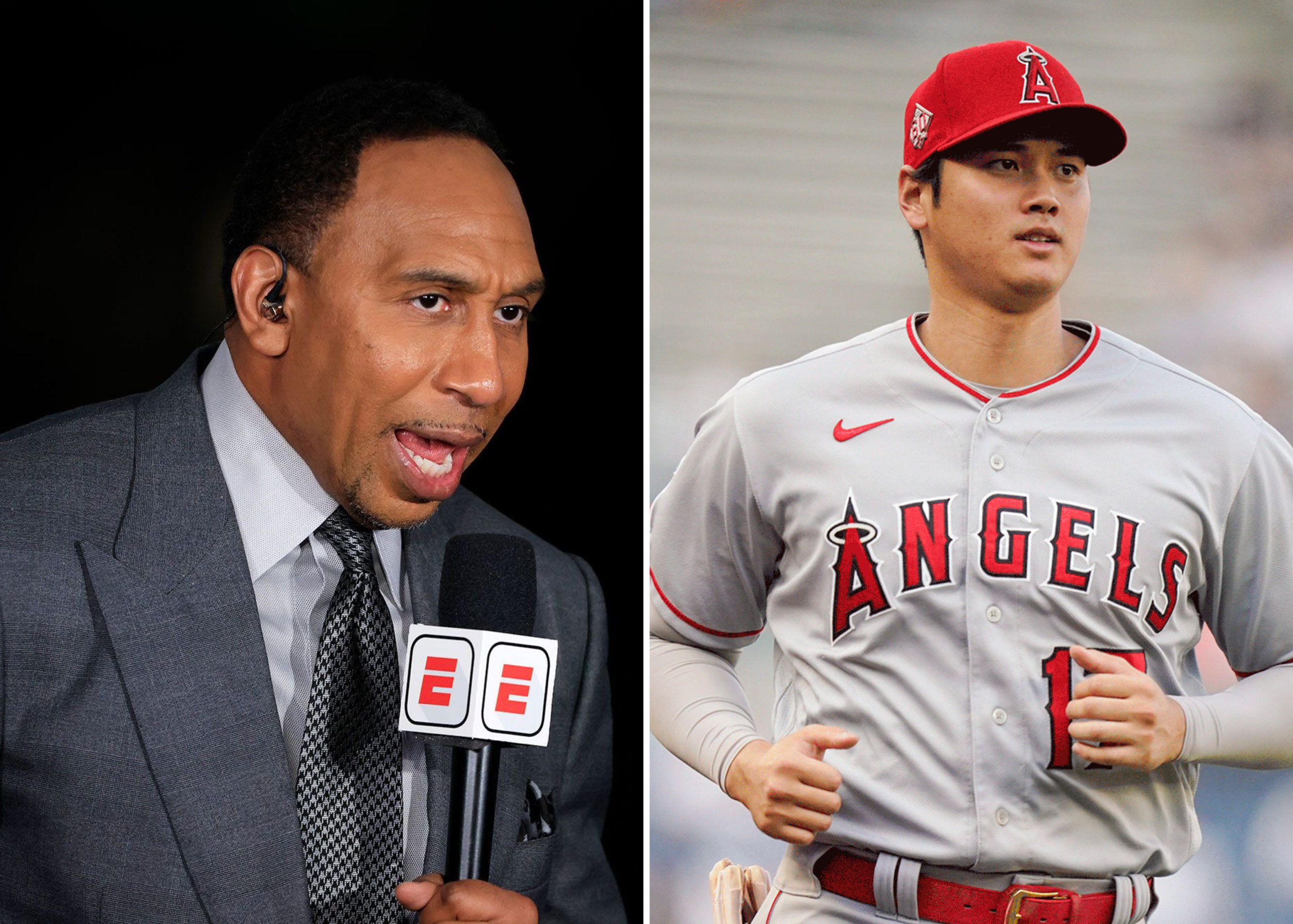US Sport Commentator, Stephen A. Smith Apologises For Insensitive Comments About Japanese Baseball Player, Shohei Ohtani
 American sports commentator working with ESPN, Stephen A. Smith has issued an apology and admitted he “screwed up” over his insensitive comments about Japanese baseball star, Shohei Ohtani.
American sports commentator working with ESPN, Stephen A. Smith has issued an apology and admitted he “screwed up” over his insensitive comments about Japanese baseball star, Shohei Ohtani.
On ESPN’s “First Take” program on Monday morning, Smith questioned whether or not Ohtani being the face of baseball was good for the sport because he needs an interpreter.
He expressed;
I don’t think it helps that the No. 1 face is a dude that needs an interpreter so you can understand what the hell he’s saying,
After a storm of criticism, Smith tried to clarify his remarks in a two-minute video, saying he was trying to make a larger point about an issue that all sports face.
He explained;
In the United States, all I was saying is that, when you’re a superstar, if you could speak the English language, guess what, that’s going to make it that much easier (and) less challenging to promote the sport.
On my earlier comments about Ohtani pic.twitter.com/FM0vnDDXBB
— Stephen A Smith (@stephenasmith) July 12, 2021
However, Smith didn’t specifically apologize to Ohtani or the Asian community in the video.
The continuous backlash led to a formal, written apology he issued later in the day which he posted on his Twitter page.
Smith expressed;
As an African-American, keenly aware of the damage stereotyping has done to many in this country, it should have elevated my sensitivities even more.
Based on my words, I failed in that regard and it’s on me and me alone! Ohtani is one of the brightest stars in all of sports. He is making a difference, as it pertains to inclusiveness and leadership. I should have embraced that in my comments. Instead, I screwed up.
I’m sincerely sorry. pic.twitter.com/pANjWTrD4X
— Stephen A Smith (@stephenasmith) July 12, 2021
His comments about the Japanese baseball player was made same day he butchered the names of Nigerian basketball players who defeated team USA in a match on Saturday.
Smith also came under heavy censure over this, as many Nigerians and others in the international community alleged that mispronouncing the names was an intentional act.
